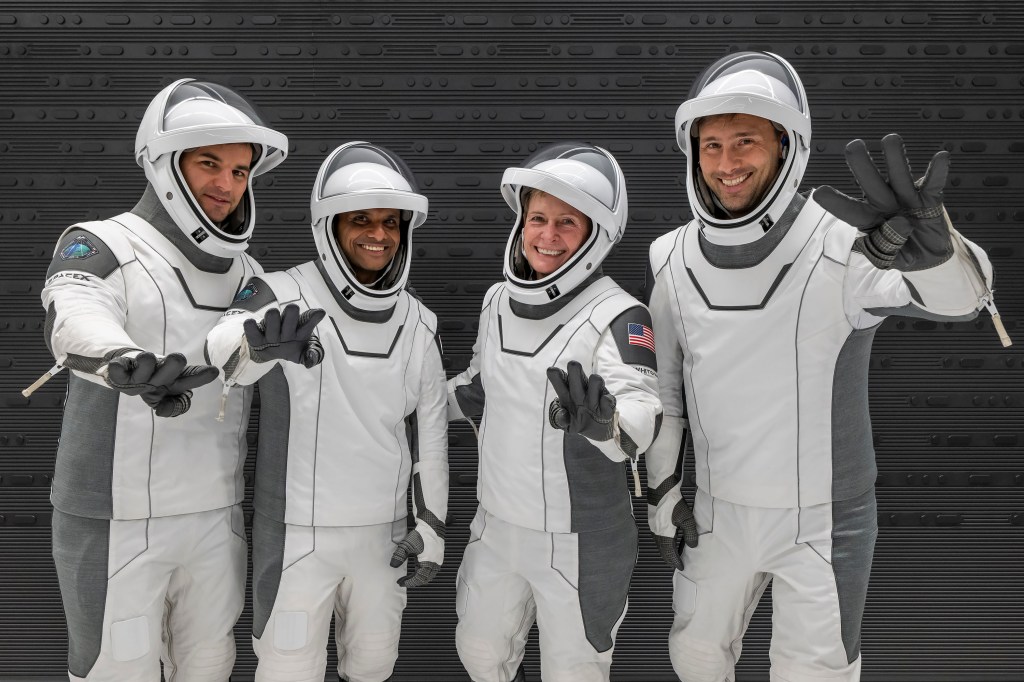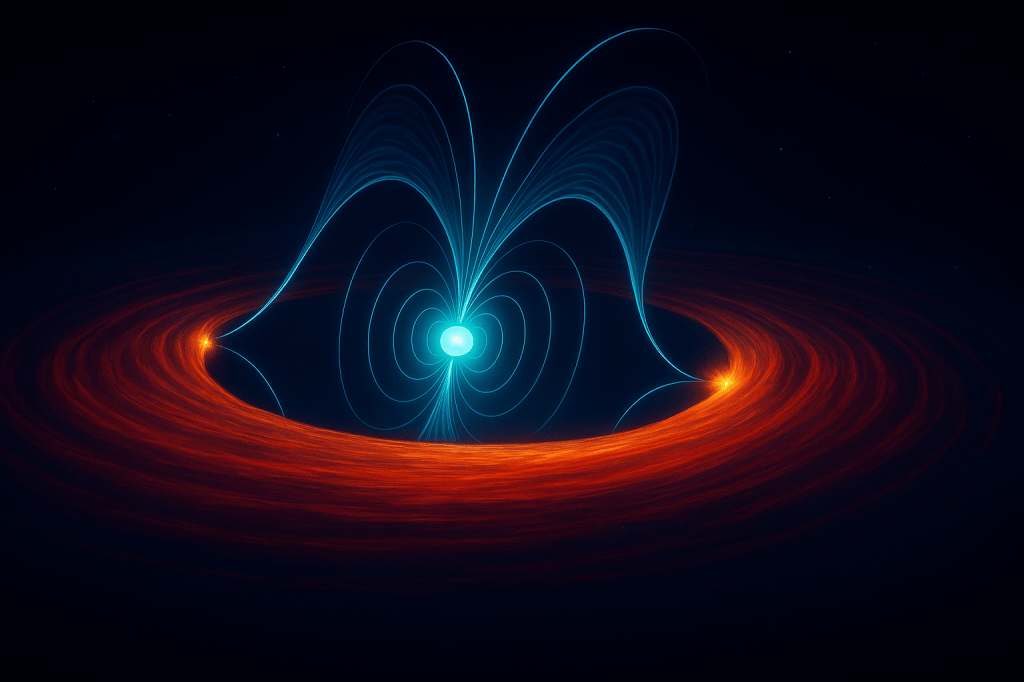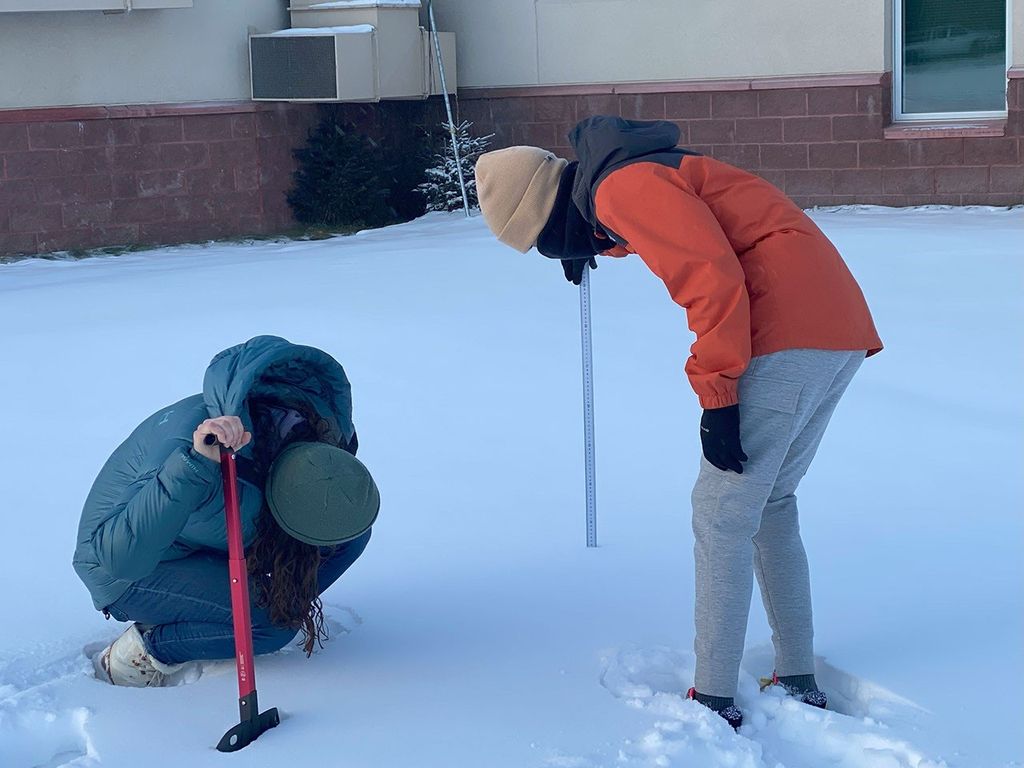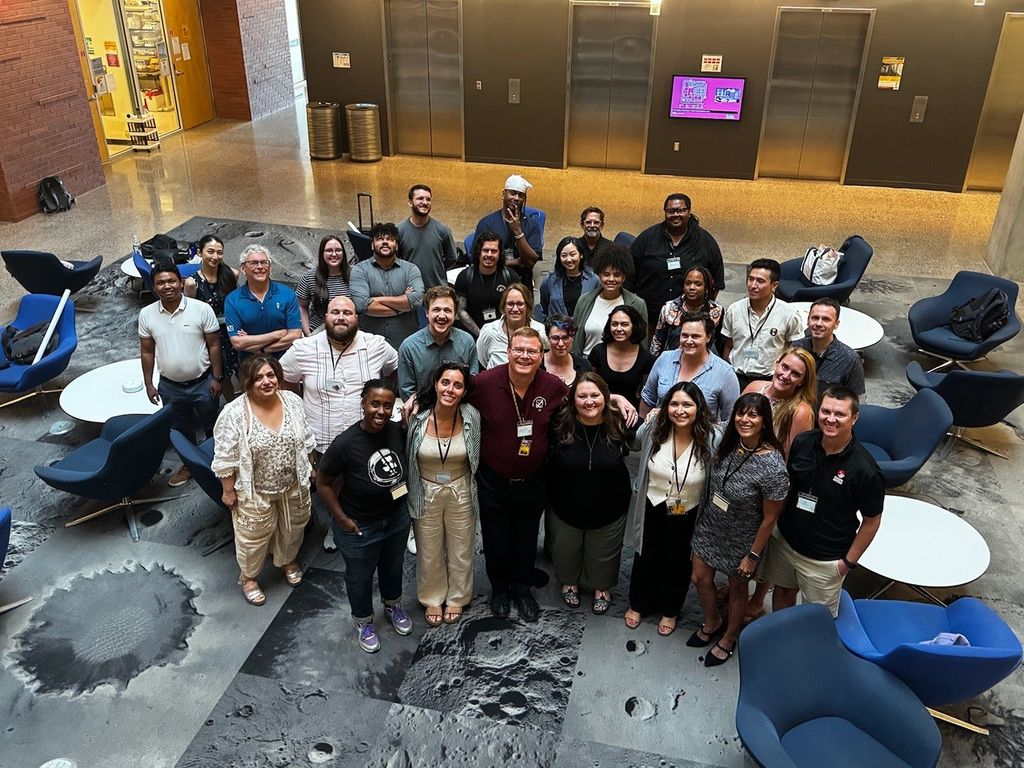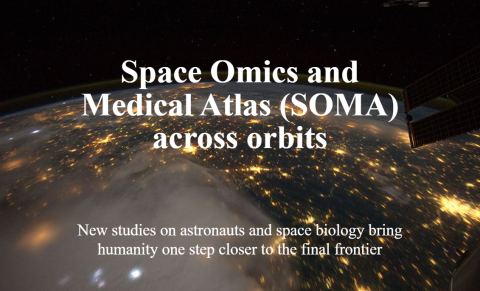Unveiling Astronaut Health: Explore the Latest Space Omics and Medical Atlas (SOMA) Package in Nature Press
Given the burgeoning accessibility of commercial and private spaceflight travel, there is a heightened imperative to understand the short- and long-term impacts of space stressors on human health. By understanding these effects, scientists can develop countermeasures to safeguard astronauts’ health during extended space missions and prepare for a broader population to live and work in space. The space biology research field investigates the impacts of spaceflight on biological systems, often utilizing model organisms with translational relevance to human biology. Recognizing the value of spaceflight and space-relevant data, NASA established the Open Science Data Repository (OSDR) as a centralized hub for hosting diverse space biology datasets—including ‘omics and non-omics data—facilitating public accessibility for analysis. The OSDR now features data from the Inspiration4 (I4) mission, marking the inaugural inclusion of all-civilian commercial astronaut data within this repository. Following the recent release of the I4 data on the OSDR, the public can now engage in the analysis of this groundbreaking collection of civilian commercial astronaut data.
The 2021 SpaceX I4 mission marked a significant milestone as the first privately chartered spaceflight crewed entirely by civilian astronauts. During this mission, a wealth of ‘omics and phenotypic biological measurements were collected from the four astronauts, yielding a comprehensive Space Omics and Medical Atlas (SOMA). The SOMA initiative, spearheaded by Chris Mason from Weill Cornell Medicine, emphasized the collaborative nature of the project: “Our partners at the University of Pennsylvania, Johns Hopkins University, Baylor College of Medicine, and many others have been instrumental in curating an extensive collection of data, protocols, and code that are essential for advancing our research.” With over 100 institutions working across geographical boundaries and teams from more than 25 countries, this concerted effort presents an in-depth map elucidating the physiological ramifications of spaceflight on the human body. This collaborative endeavor resulted in the synchronized release of 44 publications in Nature Press documenting the molecular, cellular, physiological, and phenotypic changes observed during spaceflight.
The Open Science Data Repository established the Analysis Working Groups (AWGs) to maximize scientific return on space experiments to quicken the pace of new knowledge discovery. On June 11th, scientific publications authored by members of our Analysis Working Group (AWG) community, ISSOP, and Ames Research Center scientists, were prominently featured in 31 papers across eight Nature journals: Nature, Nature Communications, Nature Machine Intelligence, Communications Medicine, Communications Biology, Scientific Reports, npj Microgravity and npj Women’s Health. These scientific manuscripts have been jointly released to tackle inquiries regarding spaceflight effects on the whole body, skin, skeletal muscle, and endocrine system. Additional publications in this release delve into artificial intelligence and omics analysis, along with ethical considerations and perspectives.
Several studies featured in these publications leverage the data from I4 mission alongside other data available in OSDR to pioneer novel discoveries and formulate new hypotheses aimed at uncovering systemic biological responses during spaceflight. Below is a highlight of the scientific papers authored by the Analysis Working Group (AWG) members.
- Aging and putative frailty biomarkers are altered by spaceflight
- Astronaut omics and the impact of space on the human body at scale
- Transcriptomics analysis reveals molecular alteration underpinning spaceflight dermatology
- Spaceflight induces changes in gene expression profiles linked to insulin and estrogen
- Explainable machine learning identifies multi-omics signatures of muscle response to spaceflight in mice
- Biomonitoring and precision health in deep space supported by artificial intelligence
- Biological research and self-driving labs in deep space supported by artificial intelligence
- Ethical considerations for the age of non-governmental space exploration
But wait, there are more publications to view! Come check out the wealth of astronaut studies and space biology knowledge in this latest Space Omics and Medical Atlas package published in Nature Press.
Disclosure: Dr. Christopher Mason is an unpaid Board of Director member for BioAstra; he holds equity/stock in Cosmica Inc.; he is a paid consultant for Thorne Research; and he has served as a Speaker-Lecturer for WorldQuant LLC.


